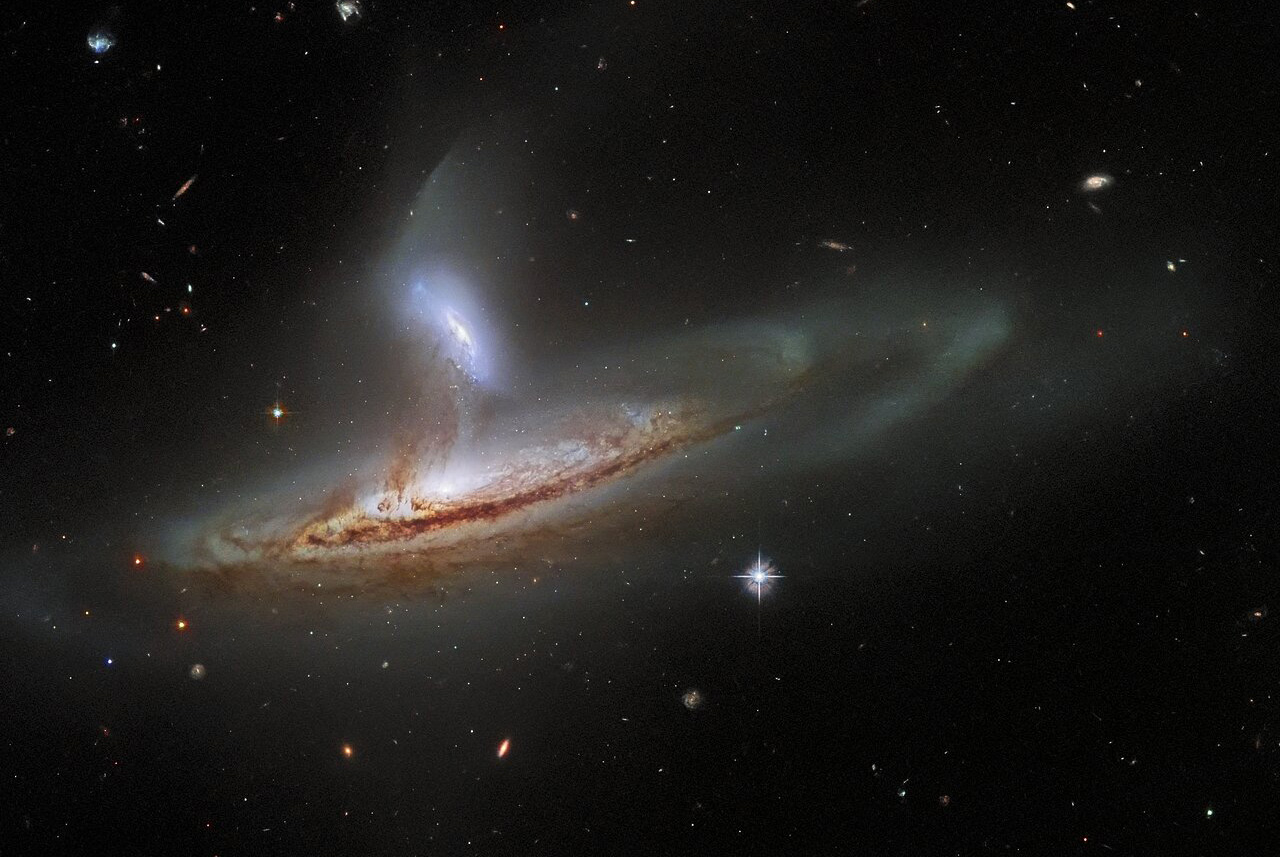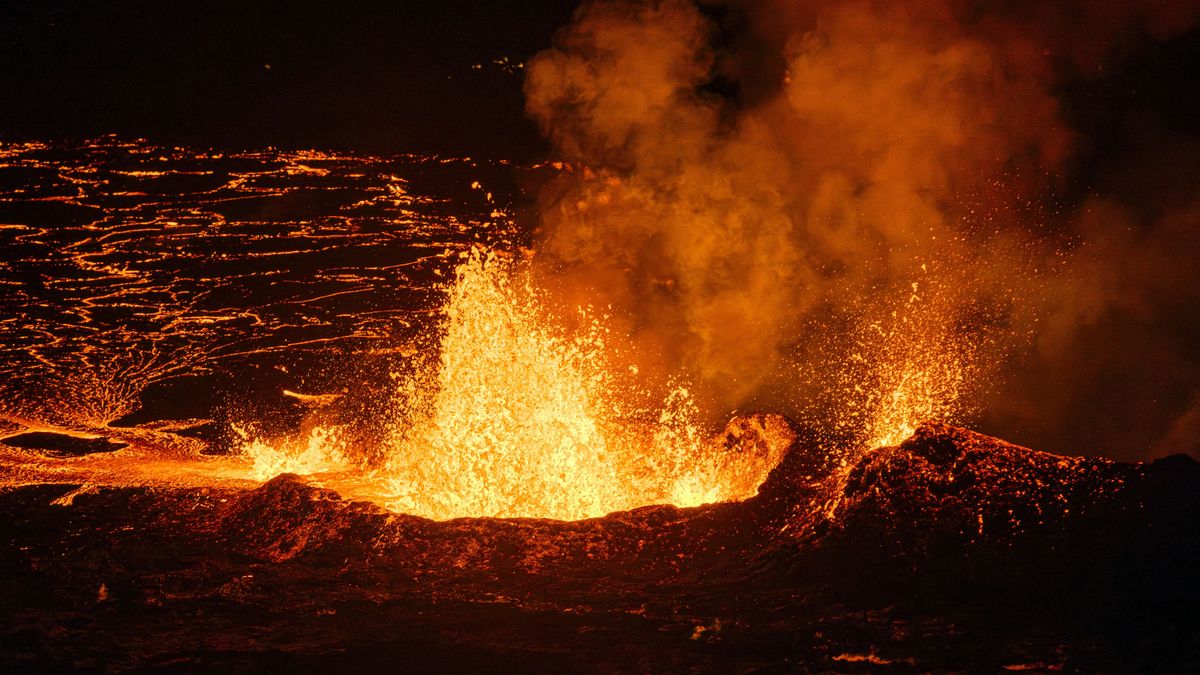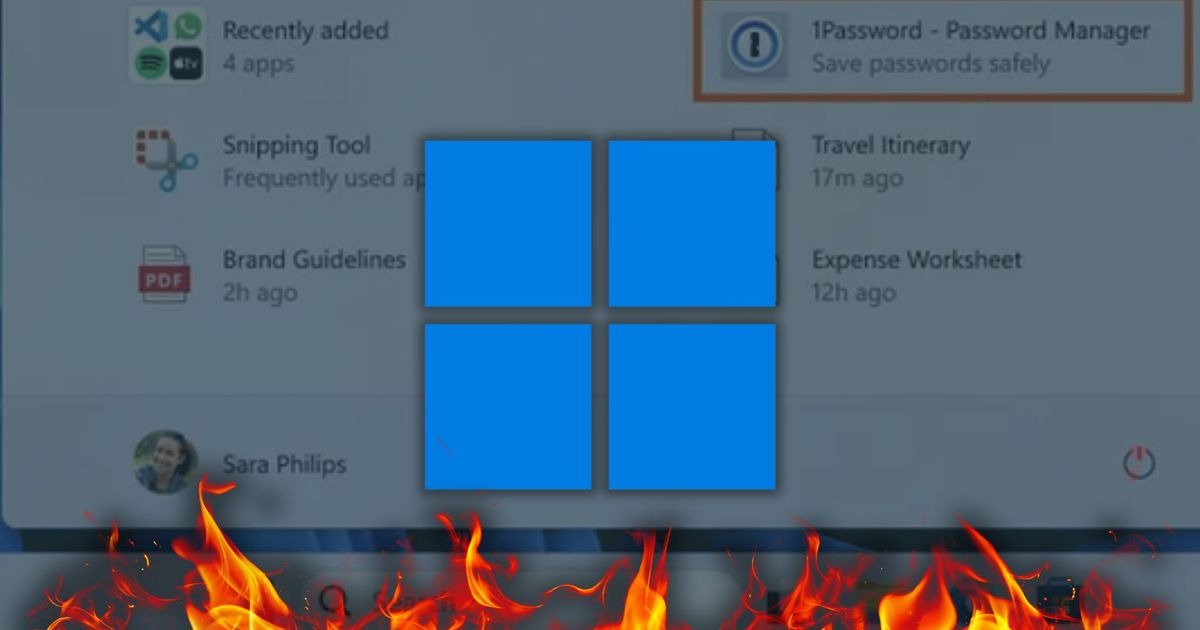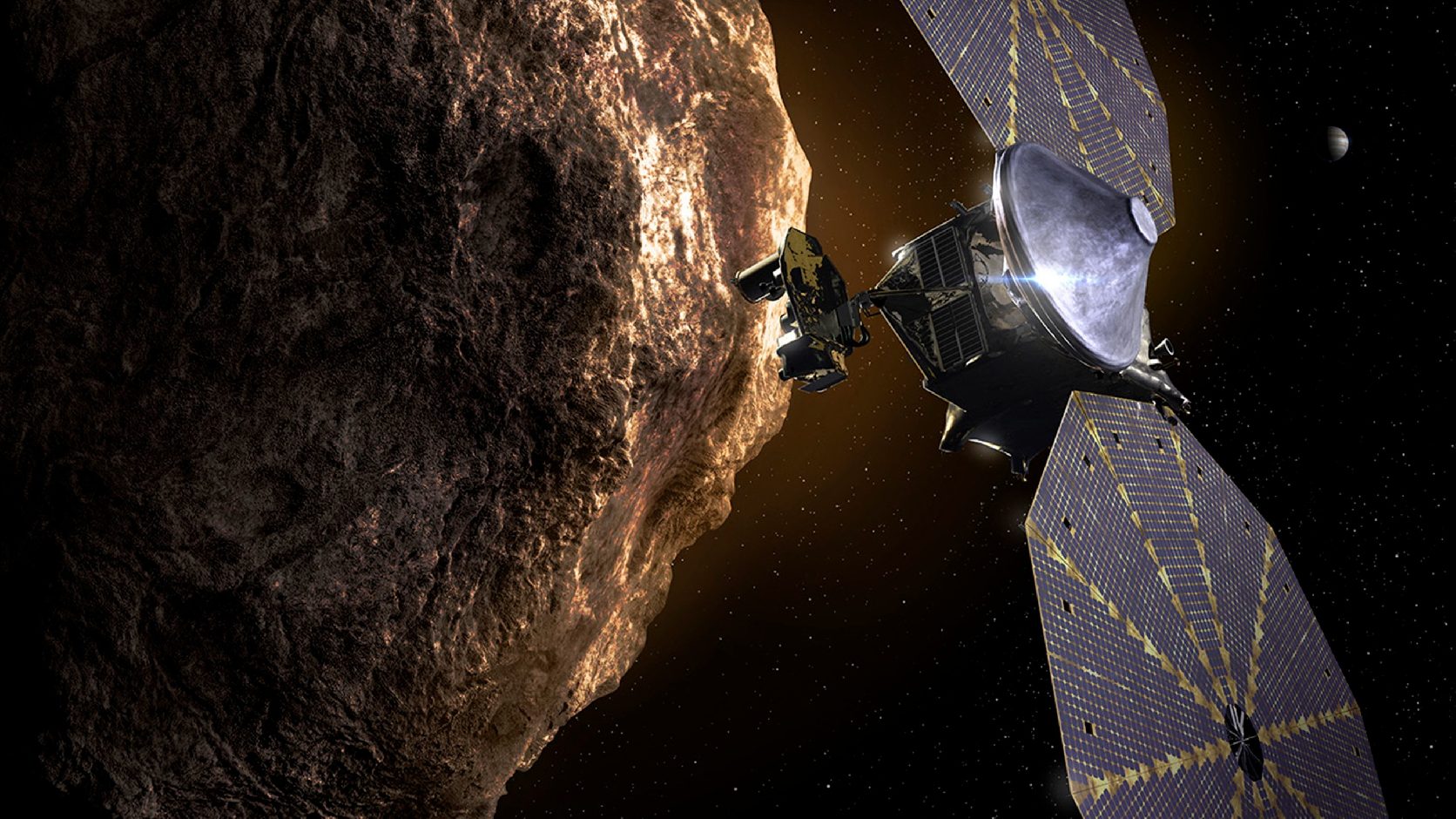For the first time, the US space agency, NASA, is searching for asteroids orbiting Jupiter. His new space mission will launch on Saturday.
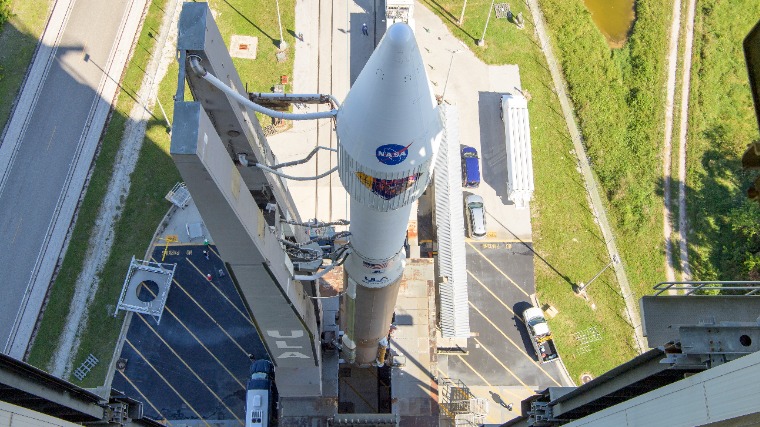
A spacecraft called Lucy will study a record number of asteroids over the next 12 years, during which it will travel 6.5 billion kilometers. It is scheduled to pass one of the asteroids located in the asteroid belt between Mars and Jupiter in April 2025, and it will also visit the seven mysterious Trojan asteroids of Jupiter in August 2027.
Lucy aims to gather new information about the formation of the Solar System 4.5 billion years ago. The expedition got its name from an ancient fossil called Lucy, which provided insight into the evolution of the human race.
Observations of Trojan asteroids can provide a picture of “planetary fossils”.
The instrument, made by Lockheed Martin, is the first solar-powered probe to date to operate farther from the sun and search for more asteroids than any other probe before. The total cost of the mission is $981 million (HUF 304.7 billion).
Another special feature of Lucy is that its orbit returns to Earth three times to use its gravity in its trajectory, making it the first spacecraft to return to Earth from outside the Solar System.
Trojan asteroids, named after Greek mythology, revolve around the sun in two swarms in the same orbit as Jupiter, one group going in front of the planet and the other behind it.
Lucy owns huge solar panels, each more than seven meters in diameter,
It is required to operate the spacecraft. A two-meter antenna was placed to provide instruments and contact with the ground on the spacecraft’s hull.
The spacecraft will depart from Cape Canaveral, Florida, at 11.34 a.m. CET, in appropriate weather conditions. The NASA website broadcasts the launch of the spacecraft live.






















